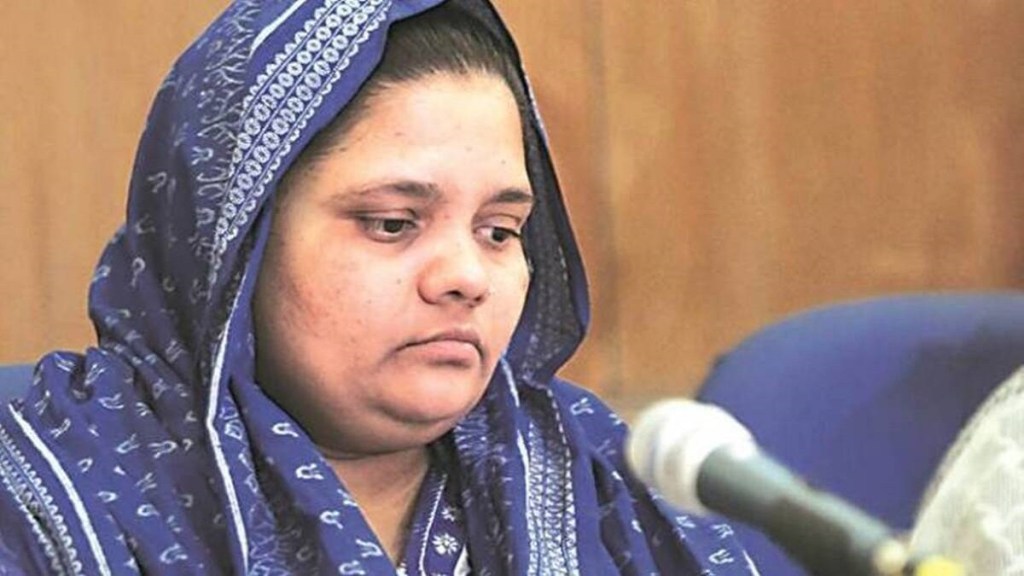The Supreme Court on Tuesday said that it will consider the urgent listing of two separate Public Interest Litigations (PIL) challenging the Gujarat government’s remission grant to eleven convicts in the Bilkis Bano gangrape case. The top court was hearing PILs filed by Communist Party of India (Marxist) leader Subhashini Ali, Trinamool Congress MP Mahua Moitra, and one other petitioner. The apex court is likely to give a time for the urgent listing by today.
Seeking further clarification Chief Justice NV Ramana asked Kapil Sibal, Ali’s counsel at the time of submission, whether the apex court order or the remission order was being challenged in the PILs.
ALSO READ: Shell-shocked Bilkis Bano falls silent, husband numb as Gujarat frees 11 convicted of her rape
“We are only challenging the remission and not the Supreme Court order. The Supreme Court order is fine, My Lords. We are challenging the principles on the basis of which remission was granted,” Sibal said.
The eleven convicts, who were sentenced to life, were released from prison after the rapists were granted remission under the liberal 1992 policy even when a stricter 2014 policy was in place.
Under the 1992 remission policy, after having completed a certain number of years, convicts with good behaviour could be remitted. However, after the Nirbhaya case in 2012, the SC asked the Gujarat government to create a new policy following apex court guidelines. Under the new policy, remission couldn’t be granted to prisoners convicted for heinous crimes such as gangrape.
ALSO READ: Eleven convicts serving life term for Gujarat riots gangrape, murder set free in Godhra
Earlier this year, the top court had left it up to the Gujarat government to decide upon which remission policy to be followed in this particular case. The SC observed that the 1992 remission policy be followed as the conviction of the rapists happened in 2008, earlier than the 2014 remission policy.
Taking precedence from the “State of Haryana versus Jagdish” case, the top court stated that the remission policy in place at the time of conviction should be followed while considering to grant remission.

